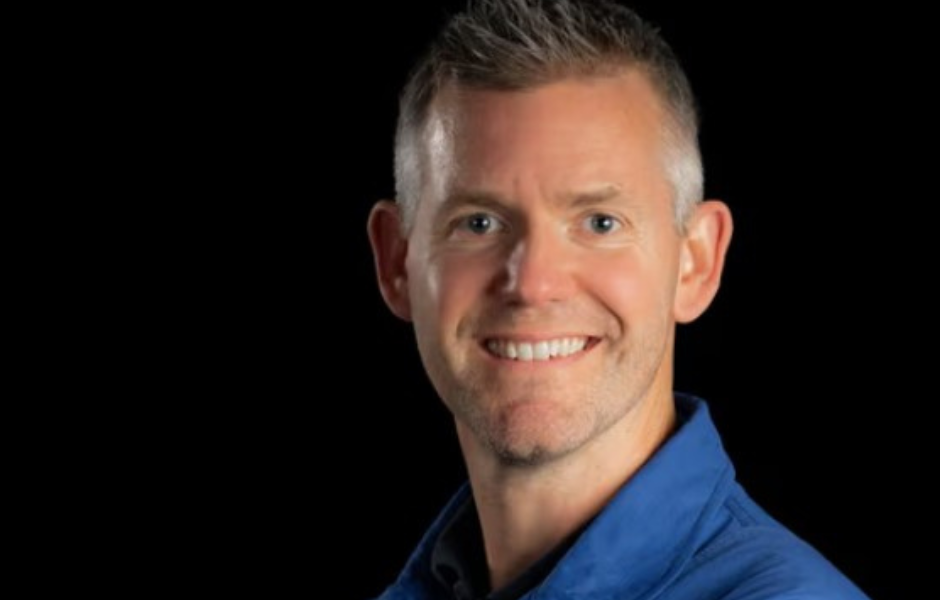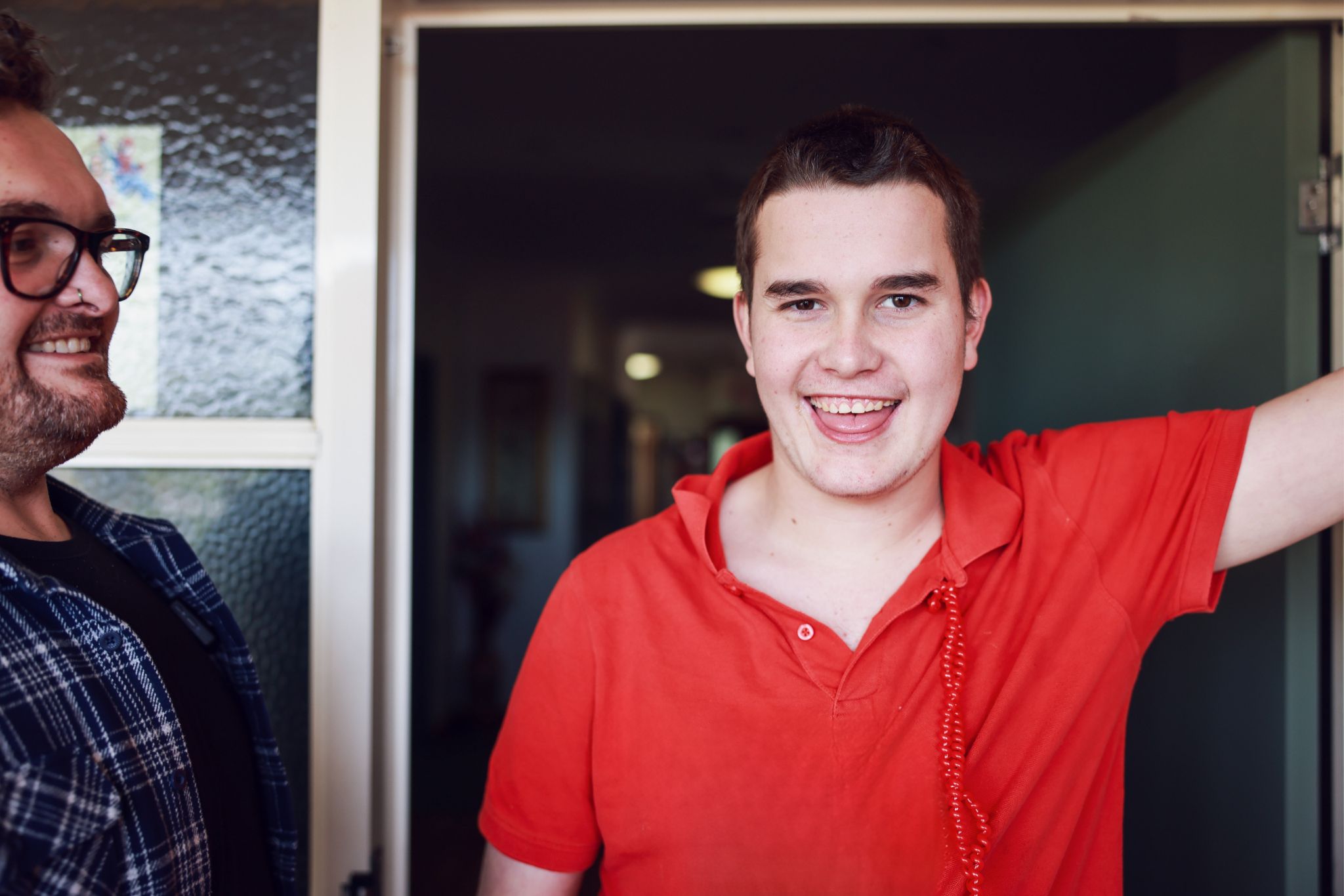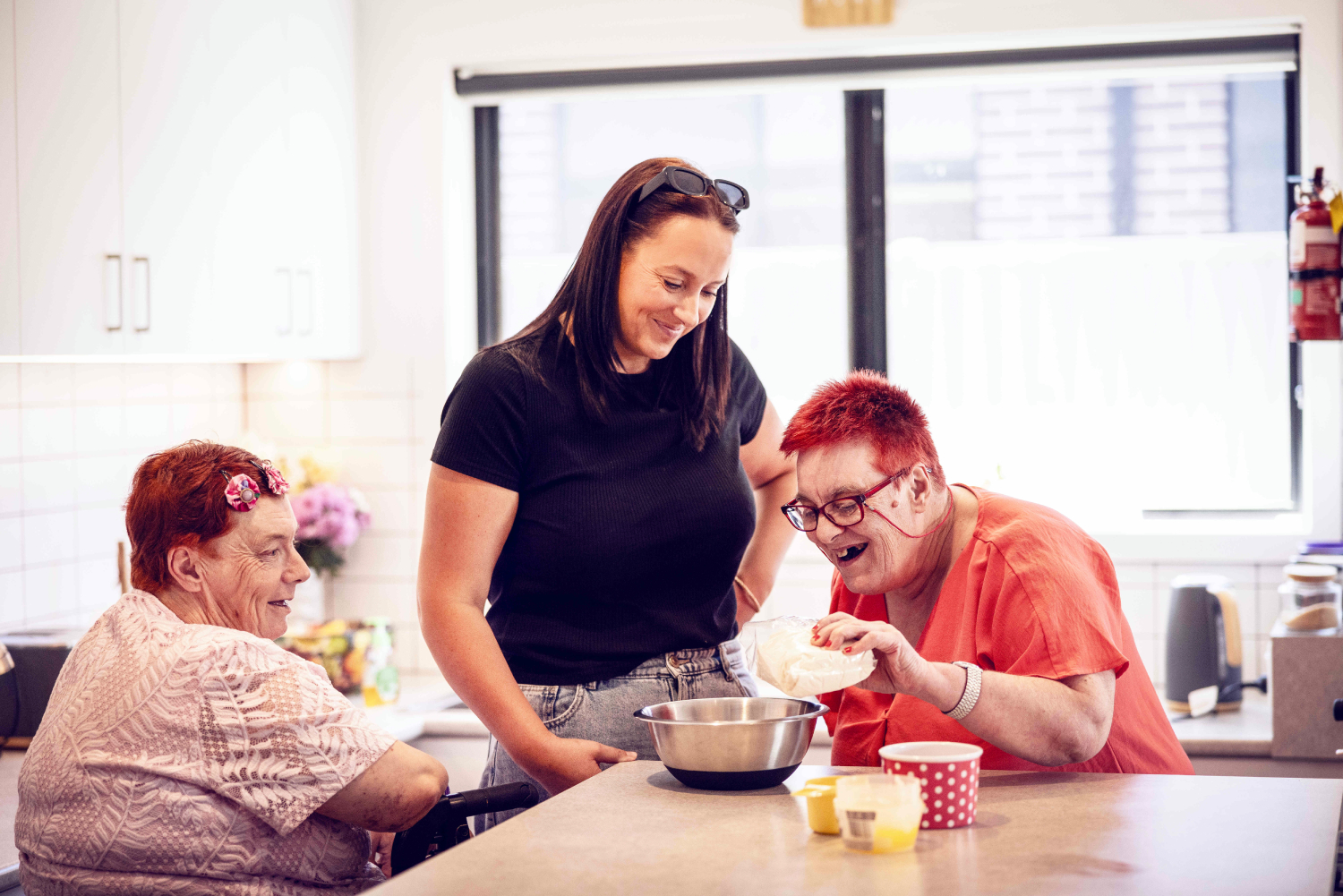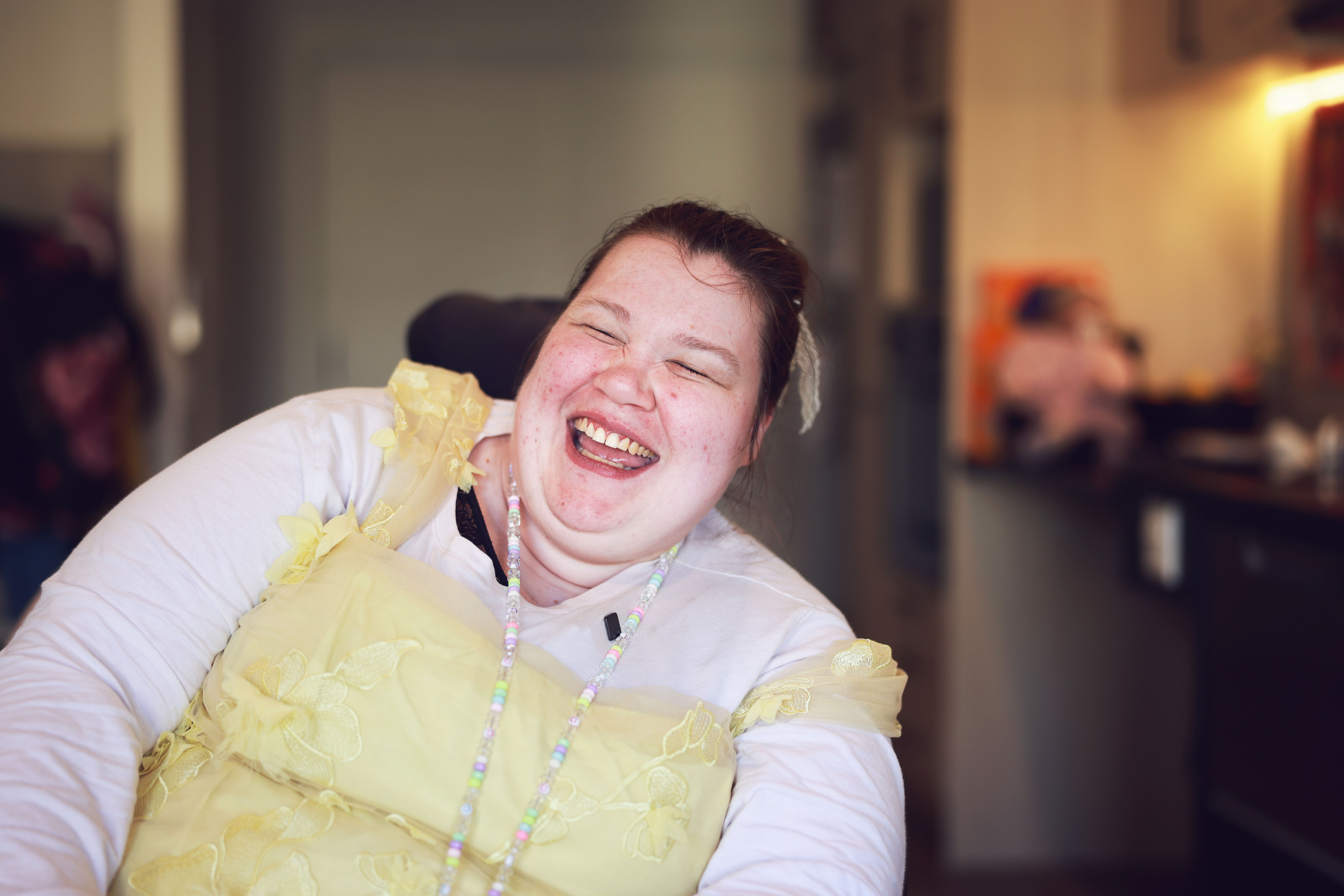Paralympian hopes to become world’s first astronaut with disability
October 10, 2024

British Paralympian John McFall is training to become an astronaut and, if successful, he would be the world’s first astronaut with a disability.
The 41-year-old orthopedic surgeon is undergoing testing with the European Space Agency (ESA) to assess how space conditions might impact McFall’s prosthesis as part of a broader effort to explore the possibility of making space travel accessible to people with physical disabilities.
McFall, a bronze medallist at the 2008 Beijing Paralympics, lost his right leg in a motorcycle accident at 19.
After responding to an ESA job posting in 2021 calling for people with physical disabilities, McFall embarked on a rigorous selection process. This included psychomotor assessments and panel interviews to determine whether he could meet the physical demands of space travel.
If successful, McFall will be part of a six-month mission to the International Space Station.
“We have to provide data to demonstrate that it is possible,” McFall said, emphasising the potential to break new ground for future astronauts with disabilities.
“It’s not that people have said, ‘you can’t do it.’ It’s more like, ‘no one has done it yet’.
“There are some activities in spaceflight operations that we take for granted that able-bodied people can do because, well, why wouldn’t they? Emergency procedures such as getting out of the spacecraft or medical procedures in microgravity, preflight training activities on the ground, being able to use the equipment from an ergonomic point of view – all of this has been designed around able-bodied people.
“If you look at those requirements and ask, ‘Well, astronauts are required to do this – can John with his disability and prosthesis still do that?’ Some of it’s like, ‘Well, yeah, of course I can!’
“It’s not until you pick apart the requirements for flying to space that you look at how my disability and prosthesis might impact meeting them. The goal was to find out what we need to demonstrate to prove that they can be met.”
Although space operations have historically been designed for able-bodied astronauts, McFall’s journey could redefine who gets to participate in space exploration. ESA officials have expressed hope that an astronaut with disability could join the International Space Station by the end of the decade.
“There are several other disabilities (that merit microgravity studies), such as in the case of someone who can’t use their lower limbs and is a wheelchair user,”McFall said.
“In this case, lower limb muscle atrophy or fluid shift is not really an issue because they don’t walk or put weight on their lower body. They’d still need assistive devices to meet the emergency requirements at launch, but when you’re up in space, getting about and doing tasks is straightforward.
“Yes, they may have to demonstrate that they can stabilise themselves, and we can develop technology to help, but they are actually less dependent on assistive devices in space for their physical health.
“We also know that astronauts in space only see a reduction in bone density in their lower limbs, so if you don’t use those limbs, it doesn’t matter.”
McFall has also challenged the terminology surrounding his role, pushing back against the label “parastronaut”.
“I’m not a para-surgeon, I’m a surgeon. I’m not a para-dad, I’m a dad,” he said, advocating for a more inclusive narrative that doesn’t divide people with disability from their peers.
“We’re challenging the narrative surrounding physical disability and by doing so, we’re creating discussion and breaking down stigma.”
The ESA’s initiative is not just about McFall – it’s about laying the groundwork for others with disabilities to follow.
“This is an opportunity to create more opportunities for people with disabilities in various professional fields,” McFall said.
For McFall, the journey is about more than just making history as the first astronaut with disability, it’s about shifting societal perceptions of what it means to have a disability.
“By doing this, it’s an opportunity to create more opportunities for people with disabilities in a number of different professional fields,” he said.
“My job is to make sure people have a well-rounded and informed definition of disability and what being disabled means,” he said.
“It’s not the kind of 1950s or 1920s version of being disabled.”







